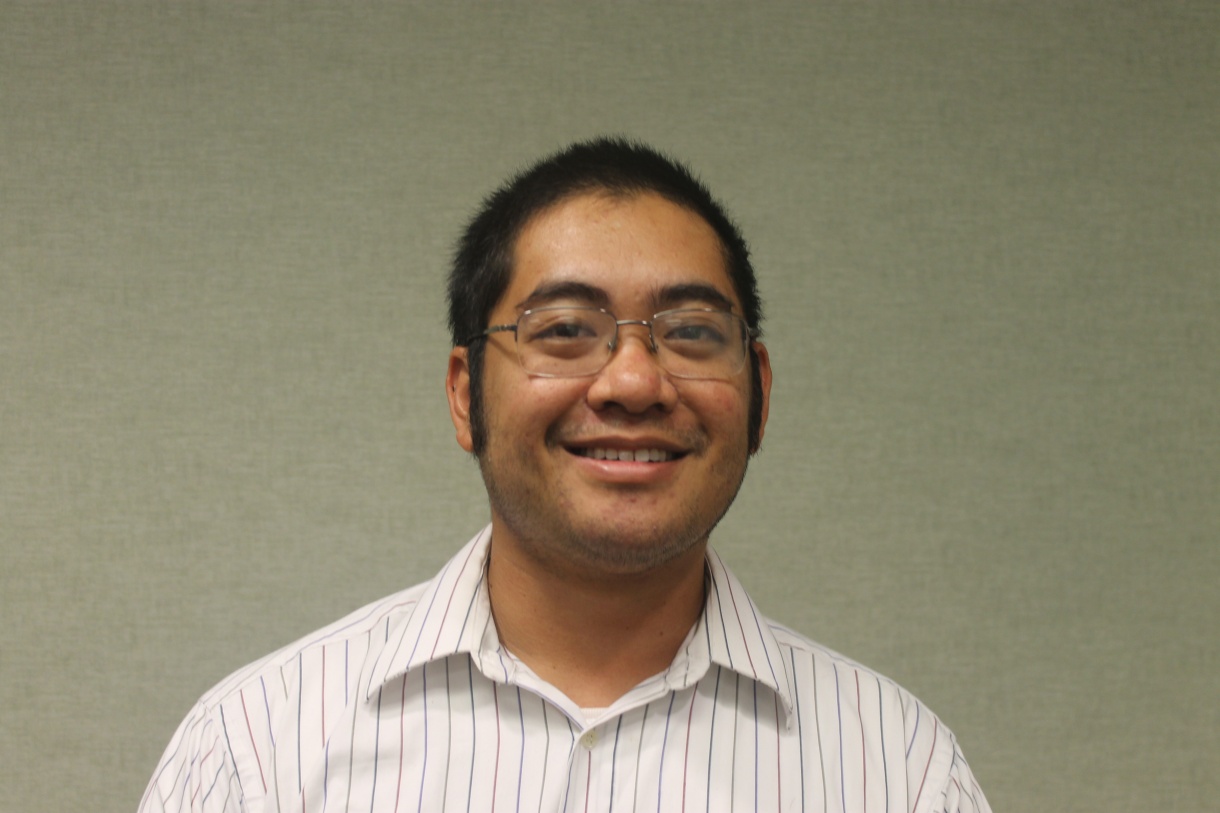Carlo Abuyuan graduated from Syracuse University with a Master’s in Public Administration and a MA in International Relations. His research focused on economic empowerment and financial inclusion of vulnerable populations, particularly in long-term refugee situations, tying in cross cutting issues such as migration, remittances, health and food security. During his studies, he interned at the State Department with the Bureau of Populations, Refugees and Migration focusing on the Horn of Africa and South Sudan and with the Near East Foundation, researching and helping to develop gender inclusive value chains and markets for non-wood forest products. Prior to his graduate studies, he was a Peace Corps volunteer in Kenya working with a microfinance and health organization. Before Peace Corps, he worked with various service providers and volunteers to ensure the successful integration of newly arrived refugees and survivors of human trafficking. Carlo obtained his B.A. in Political Science in the University of California, San Diego.
Field placement: FHI 360
Mkushi, Zambia
Policy placement: FHI 360
Washington, D.C.

